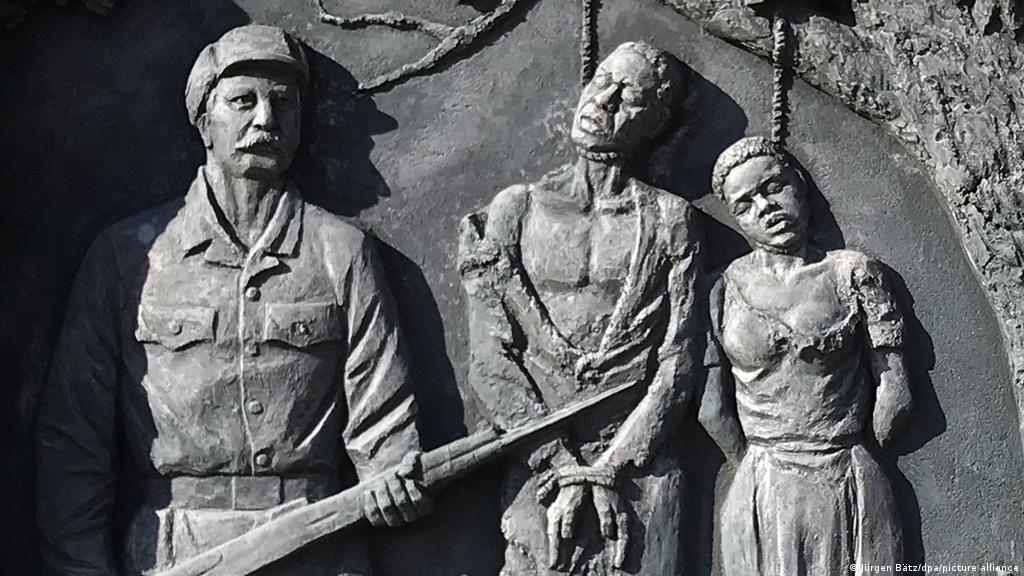
Germany Officially Recognizes Colonial-Era Namibia Genocide
Foreign Minister Heiko Maas said Germany had caused “immeasurable suffering” to the Herero and Nama people, in what is now Namibia, in the early part of the 20th century.
Germany formally recognized as genocide the crimes committed by its colonial troops at the beginning of the 20th century against the Herero and Nama people in what is now Namibia.
Foreign Minister Heiko Maas (SPD) said in a statement that as a “gesture of recognition of the immeasurable suffering” Germany caused, it would set up a fund amounting to €1.1 billion (US $ 1.34 billion).
Affected communities would play a key role in deciding what the funds were used for, the Foreign Ministry said in a statement, while legal claims for compensation would not be deducted from it.
The aim of the negotiations that lasted more than half a decade was “to find a common path to genuine reconciliation in memory of the victims,” Maas explained.
This includes naming the events of the German colonial period in what is now Namibia and in particular the atrocities in the period from 1904 to 1908 “without sparing or glossing over.”
“We will now, also in an official capacity, call these events what they were from today’s perspective — genocide,” Maas said.
The foreign minister said that representatives of the Herero and Nama communities were closely involved in negotiations with Namibia lasting more than five years.
Germany began talks with the Namibian government in 2015 on what was termed a “future-oriented reappraisal of German colonial rule.”
Germany’s former development minister, Heidemarie Wieczorek-Zeul, offered her country’s first apology for the killings on a trip to Namibia in 2004, where she said the country’s actions would be seen as genocide in today’s terms.

